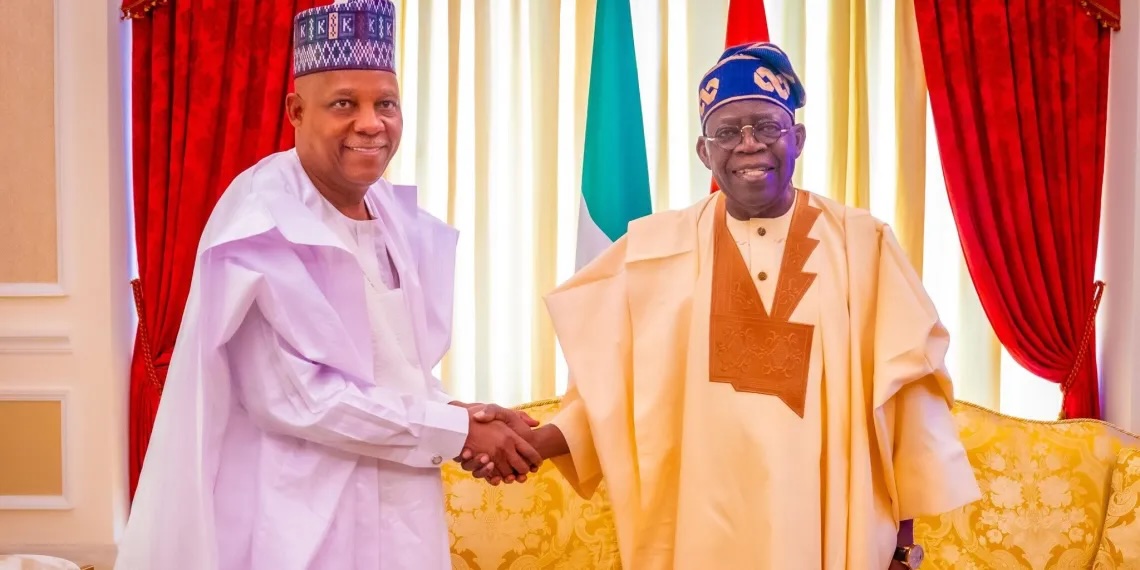I saw Mr Caleb Manasseh Mutfwang (60), the governor of Plateau, a lawyer-banker and former Chairman of Mangu Local Government Area of Plateau state, lamenting on the television on the invasion of his state by herdsmen. The governor was almost in tears.
The same with Mr Hyacinth Iormem Alia (59) the governor of Benue state, from Mbangur, Mbadede, Vandeikya local government area of Benue State. Alia, the Nigerian Catholic Cleric and politician, who is an ex-student at St. Augustine’s Major Seminary in Jos. Incidentally, the concern of the two governors has been lingering even before they were born.
In 2018, I wrote on the crisis. I like to quote what I wrote then. “The Tiv/Fulani crisis in Benue/Plateau State has been on for too long. The older generation passed this crisis to the present one in an unresolved form, and it is getting worse with the years. The present generation must not pass the crisis down too, thereby saddling and punishing the incoming generation with an inherited mayhem. Much blood has been spilled, and particularly those of innocent folks. While many families have been displaced, many homes have equally been destroyed. And many still face a bleak future because of this crisis. It should and must end.”
In 1977, I had special relationship with two gentlemen involved in the crisis. They were Chief Solomon Daushep Lar (4 April 1933 – 9 October 2013) and Chief Joseph Sarwuan Tarka (10 July 1932 – 30 March 1980), both of whom I got to know when I covered the Constituent Assembly in 1977.
Chief Solomon Lar was elected as a councilor to the Langtang Natives Authority in January 1959. On December 12, 1959 he was elected to the Federal Parliament on the platform of United Middle Belt Congress (UMBC). He was reelected in 1964, and from then until 15 January 1966, when General Yakubu Gowon GCFR took power in a coup, Lar was parliamentary secretary to Prime Minister Abubakar Tafawa Balewa. He was also a Junior Minister in the Federal Ministry of establishments.
He became chairman of the board of directors of African Continental Bank, member of the Nigeria Council of Legal Education and a member of the Constituent Assembly (1977–1978). He was a member of the panel chaired by Justice Ayo Irikefe that recommended expanding from 12 to 19 states during the regime of General Murtala Mohammed.
I used to call Chief Solomon Lar in 1977, Chairman, because he was the chairman of African Continental Bank- one of the dead glories of the present South East region, just like National Bank is to the present South West.
His house at Obafemi Awolowo Road Ikoyi was part of my rendezvous. That was at the earlier formation of the Nigeria’s People’s Party (NPP). He was one of the sponsors of Club 19 that eventually gave birth to the NPP at that time.
I asked him at that time, why he did not join the Makama Bida/Shehu Shagari’s group that eventually formed the NPN, he said it would be a taboo if he should do so. He narrated to me the circumstances that led to his father’s death.
In the transition to the Nigerian Fourth Republic Chief Solomon Lar became the first National Chairman of People’s Democratic Party (PDP) in 1998, holding this position until 2002 when he handed over to Chief Barnabas Gemade. In February 2004 he resigned as chairman of the PDP Board of Trustees, handing over to Chief Tony Anenih at a caucus in Abuja. Notwithstanding, he was a true middle belter.
In November 1979, Governor Solomon Lar then of Plateau state told me in Jos, that the day the middle belt crisis is resolved, that day, the Nigeria crisis would be resolved. He explained that unless you are a middle belter, one can never understand what “we go through in the hands of the Fulani man.”
I was in Obudu, Cross Rivers state recently, for the burial of Elizabeth Agbo Adede (1956-2025), the immediate junior sister of my friend, Senator Musa Adede. I was at the burial along with Colonel Lawan Gwadabe(rtd.), Emmanuel Ibe Kachikwu, Major Bashir Galma (rtd.), Bishop Jato, Alhaji Jani Ibrahim, John Owan and others. From Obudu, enroute Makurdi, I drove to Abuja, to take a flight back to Lagos. When I got to Makurdi that day, I had memories of my earlier life in that city. I visited Makurdi for the first time in 1977, courtesy of Chief Joseph Sarwuan Tarka.
On March 30, this year, it was 45 years that Chief Joseph Sarwuan Tarka (July 10, 1932-March 30, 1980) answered the final call. Unfortunately, the issue that he fought against in the last 24 years of his life – the conquest agenda of the Fulanis – still lingers. During his era, the problem was not about herdsmen but the imperialist policies of the Northern People’s Congress (NPC), dictated by Sir Ahmadu Bello, the Sardauna of Sokoto, who was then the premier of Northern Nigeria.
He was a teacher like his father, Tarka Nanchi. His mother, Sera Ikpu Anyam Tarka, a nurse, died in December 2005 at the age of 95. At an early age, he attended the London Constitutional Conference in 1958. Others like him, who were young and from minority parties, who attended the conference included Mr H. Biriye, Dr Okoi Arikpo of the United National Independence Party; Mr P. Dokotri, also of the United Middle Belt Congress; Dr Udo Udoma of the United National Independence Party; Mallam Aminu Kano, Mallam Ibrahim Imam, and Dr. S.E. Imoke from Itigidi in Cross River State, who later became a minister and married a pretty princess from Sabongida-Ora in the present Edo State. Dr Imoke was the father of Senator Liyel Imoke, the former governor of Cross River State.
Chief Tarka got elected into the House of Representatives, representing Jemgbar Constituency, by 34,243 votes. He defeated J.I. Ukume of the NPC who scored 1,191 votes and S.C. Sarma of the National Council of Nigeria and the Cameroons (NCNC), who scored 703 in the 1958 election. He then formed his party, the United Middle Belt Congress, along with Patrick Dokotri, David Obadiah Vreng Lot, Ahmadu Angara, Isaac Shaahu, Edward Kundu Swen and others. He entered into an alliance with the Action Group, led by Chief Obafemi Awolowo. He later entered into another alliance with the Northern Elements Progressive Union (NEPU), made up of Mallam Aminu Kano, Yerima Bello, Abubakar Zukogi, Ahmed Tireda, Gambo Sawaba, Ibrahim Heeban, Saliu Tate, Yahaya Abdullahi, Saliu Nakande, Shehu Sataima, Ali Dakat, Ango Soba, Adamu Gaya, Mallam Lawal Dan Bazua, Abubakar Tambuwal, Babadije Jimeta, Alhaji Tanko Yankassai (spokesman) and others.
The primary aim of Chief Tarka was to fight for the independence of the Tivs from the hands of the Northern Peoples’ Congress. That fight led to the emancipation of the people we now refer to as the Middle Belt. It had snowballed into the major crisis which we now refer to as the Tiv Riots of 1960 to 1964. This was at the time that Alhaji Aliyu Muhammed, the Wazirin Jamaa, who later became secretary to the government of the federation, was sent by Sir Ahmadu Bello as administrator of Tiv land. The Nigerian Army was forced to quell those riots. Senior Military officers, including Major Adewale Ademoyega, Major Christain Anuforo, Lt. Col. Yakubu Pam, Major Timothy Onwuatuegwu, took part in quelling the upheavals.
Teniola , a former director at the Presidency, wrote from Lagos.






